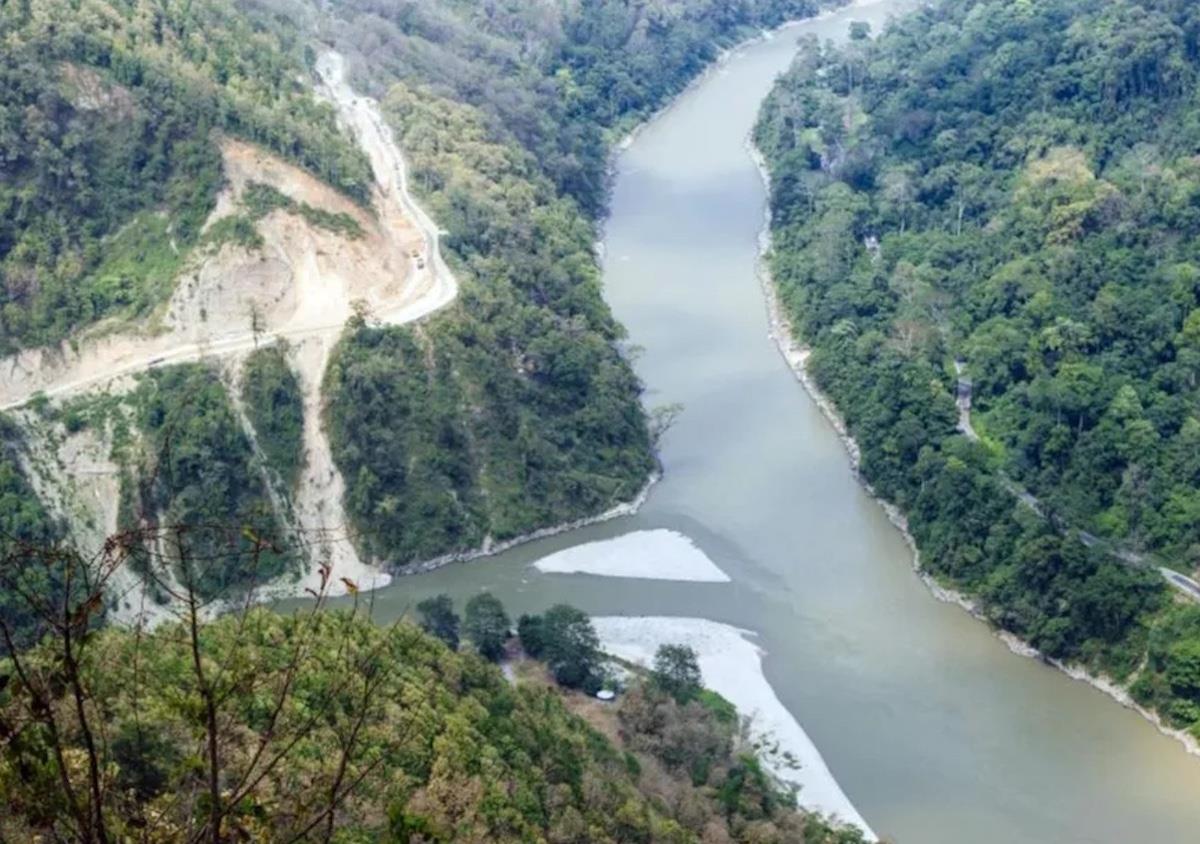
Observe Riparian Law, West Bengal
Nevertheless, Narendra Modi in a press statement said,“A technical team will soon visit Bangladesh to discuss conservation and management of the Teesta River in Bangladesh.” Sheikh Hasina , on the other hand, has expressed her expectation about the Teesta River as she said,“We hope that all outstanding issues, including the Teesta Water-Sharing Treaty, would be concluded at an early date.”
These statements by the two prime minister signify that Dhaka and Delhi will have serious discussions about the treaty.
Although the history of negotiations over Teesta which were started from 1947, just after the partition, has not brought success yet due to India's non-cooperation, this time the geopolitical situation in South Asia compels India to sit at the negotiation table.
India has expressed its interest in financing the Teesta River project, primarily to counter China's growing influence in Bangladesh. By investing in this project, India aims to reduce Bangladesh's dependence on Chinese investments, thereby maintaining its regional dominance and strengthening bilateral ties with Bangladesh.
Both India and China are interested in financing the Teesta River project; however, India's commitment to a water-sharing treaty with Bangladesh would not only make the project a reality but also enhance India's strategic and diplomatic standing in the region by ensuring regional stability and countering Chinese influence . India's involvement is more important than China's because it addresses longstanding regional water disputes, directly impacting both nations' agricultural and economic stability. Additionally, as the Teesta is a transboundary river between India and Bangladesh, successful management of the Teesta will not be possible without India's cooperation.

Legal Disclaimer:
MENAFN provides the
information “as is” without warranty of any kind. We do not accept
any responsibility or liability for the accuracy, content, images,
videos, licenses, completeness, legality, or reliability of the information
contained in this article. If you have any complaints or copyright
issues related to this article, kindly contact the provider above.






















Comments
No comment